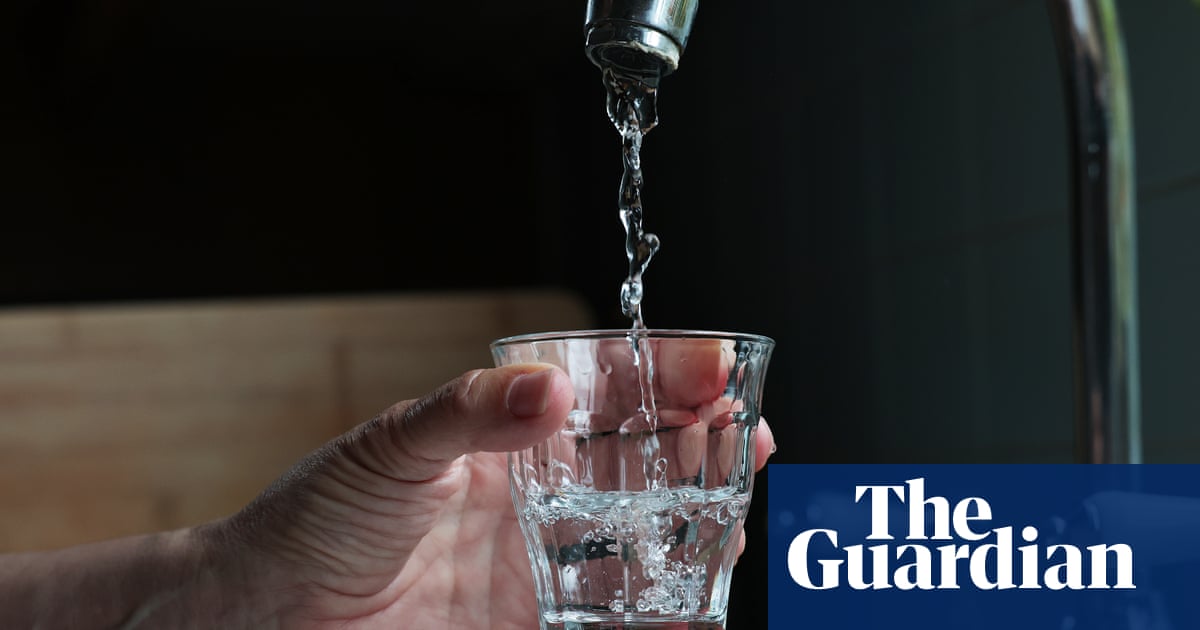The safety of tap water in the UK could be at risk because water companies are unable to use products to clean it, industry insiders have said, as all the laboratories that test and certify the chemicals have shut down.
People in the industry have called it a “Brexit problem” because EU countries will share laboratory capacity from 2026, meaning that if the UK was still in the EU, water companies would be able to use products that passed tests on the continent.
But UK rules mean products cannot be tested abroad; they have to be tested in the country in a certified lab, of which there are now none.
If companies are unable to keep contaminants out of the water supply, it can cause a danger to health. This year, thousands of people in Devon became unwell after the cryptosporidium parasite was detected in the supply. Schools and businesses had to temporarily close and it negatively affected the local economy. Some households had to boil their tap water for a month to remove the contaminant.
Under the rules of water regulators across the UK, including the Drinking Water Inspectorate (DWI), every item or chemical that comes into contact with drinking water has to be tested in stringent conditions, under an EU-derived law known as regulation 31.Under Drinking Water Inspectorate (DWI) rules, every item or chemical that comes into contact with drinking water has to be tested in stringent conditions, under an EU-derived law known as regulation 31. This ensures these products are safe to use, do not leach dangerous chemicals into the drinking water supply and do not encourage the growth of dangerous microbes.
Laboratories have to be regulation 31 certified, meaning they carry out all the tests on chemicals, pipes or other items to a certain standard. There used to be three such laboratories in the UK, but since 2021 there have been none as they all shut down because they are expensive to run.
This means new products cannot be tested or used to clean water, and that products that have to be retested every five years also cannot be approved. Whistleblowers at water companies havesaid this “limits the availability of products in the market which both risks safety and reduces competition, which will drive up prices and reduce service quality”. There is a backlog of dozens of products awaiting testing.
There are no plans for new labs. The DWI could not give a date for when a new lab could be opened or when the problem will be solved. Water company insiders say the rule has indefinitely stopped the use of all new products that remove contaminants from the water supply.
Those charged with cleaning the UK’s tap water at water companies said the gap in testing capacity has caused the compliance of existing products to lapse, and that they have since come off the market. They said many of these products that cannot now be used actively prevent contamination from entering the water supply.
The trade group British Water has told the industry: “The closure of laboratories offering this vital testing service has not only disrupted production lines but also left suppliers struggling to meet the stringent requirements of their clients.”
Ceris van de Vyver, the director of CV Water Consultancy, has worked in the water industry for decades, including at the DWI.
“At this point we don’t have testing facilities in the UK to reach regulation 31 testing requirements,” she said. “These are specific and highly focused laboratories. It is causing some issues to adopting new innovative products because we don’t have a laboratory currently that is open.”
Van de Vyver said that the situation in the EU is different: “In Europe is there is a planned harmonisation of standards for EU members by December 2026 as part of the recast Drinking Water Directive. We are looking over at what Europe are doing, obviously the events of the last few years means that we are in a different situation.”
She added: “At the moment we are operating safely, but manufacturers are finding it frustrating because we can’t get products approved in the UK.”
“[The DWI] make absolutely sure all products in contact with drinking water are of the highest quality, and we as a water industry have to comply with it, and we want to maintain our water quality.”
A DWI spokesperson said: “While there are difficulties at present with laboratory capacity within the UK for regulation 31 testing, this has no impact on consumers, and no products will bypass the system. Rather, this is an operational difficulty within the water company and supply chain system. The industry, regulators and government are working towards increasing capacity in the system.”
A Water UK spokesperson said: “Regulation 31 is vital to ensuring products that we use to treat and transport our drinking water comply with the highest standards. As a result of robust regulations, the UK has drinking water that is independently ranked as the best in the world. Water companies are working with regulators and manufacturers to ensure the process works as efficiently as possible.”

